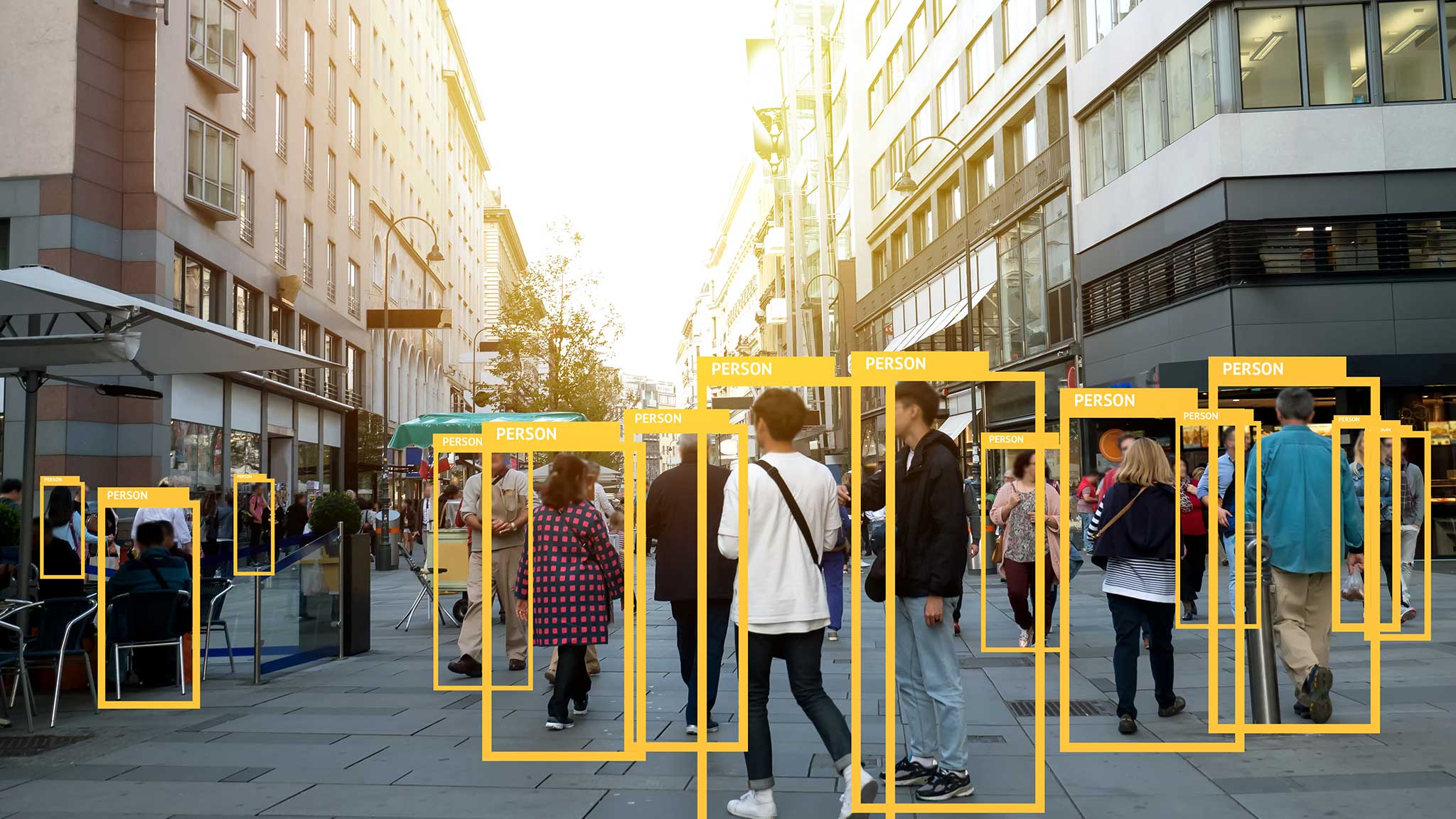
Unavoidable Dangers: Generative AI Risks Every Tech Firm Must Confront
Generative AI has emerged as the biggest technology to watch in the coming years. Large tech companies like Google and Microsoft are pouring billions into developing their AI offerings, and generative AI startups like OpenAI have been labeled the most formidable new players on the tech scene.
If you’re a software product development company in today’s competitive landscape, you can’t ignore generative AI. But along with the incredible benefits that AI can bring to your business, there are risks your company should be aware of.
What is the best use of generative AI for Software Technology Companies?
Generative AI is most useful in helping software companies create content, such as articles covering their application’s use cases, pain points in the industry, and tips and tricks that give users a valuable knowledge base. It can also be used to create tutorials and custom onboarding procedures for users.
Generative AI can also be used in the hiring process, to create onboarding for new employees, and help evaluate incoming resumes and applications. It can be used to summarize important documents and meetings, make marketing recommendations, and analyze industry trends to make predictions for the future.
Generative AI can even be used to write code, build websites, and assist in code debugging, testing, and software product development.

Benefits of Incorporating Generative AI
AI can be used to augment human effort, or even replace it, meaning many business processes can be made more streamlined, efficient, and automated. Specifics depend on the use case for your particular company, but increased productivity, faster product development, and more personalized customer experiences are among the primary benefits.
Risks Associated with Generative AI
Most people agree that the main risk associated with generative AI is not incorporating it into your business soon enough. Industry leaders are already implementing AI solutions and adapting to its presence, and the longer you wait to jump in, the harder it will be to keep up.
In addition to the “falling behind” risk, there are other risks, including:
- Lack of transparency: Generative AI is advancing at such a rapid pace that even the companies that build the models aren’t sure how they work.
- Accuracy: Generative AI sometimes produces inaccurate results. All output generated by AI still needs to be moderated and checked by a human.
- Bias: Because it is trained on existing datasets, AI is susceptible to perpetuating bias found in those datasets. Regulations and guides must be put in place to mitigate the perpetuation of bias.
- Intellectual property (IP) and copyright: There is currently no regulation for either the IP used to train AIs, or the output it generates.
- Cybersecurity and fraud: Deep fakes, social engineering, sophisticated bots and other cyber security risks become extremely high as generative AI models become more and more sophisticated.
- Sustainability: Generative AI uses a vast amount of resources. Research vendors and strive to use only those who make concerted efforts to reduce energy consumption and maintain a low carbon footprint.
Top generative AI solutions for Software Technology Companies
If your company is considering integrating a generative AI solution into its processes, take a look at the following offerings for some of the best that generative AI has to offer.
- Chat-GPT4: Content production, natural language processing, answers to general knowledge questions.
- Smartly: Ad tech, marketing tech, social media.
- Kenso Technologies: Finance and fin tech solutions, natural language processing
- Grammerly: Content editing, natural language processing, grammar, and content production
- Dun and Bradstreet: Big data analysis
- AlphaCode: Code production
In conclusion, the integration of Generative AI into the operations of software technology companies presents both tremendous opportunities and significant challenges. While the benefits of increased productivity, efficiency, and personalized customer experiences are undeniable, it’s essential for firms to confront the risks associated with this rapidly evolving technology.



































